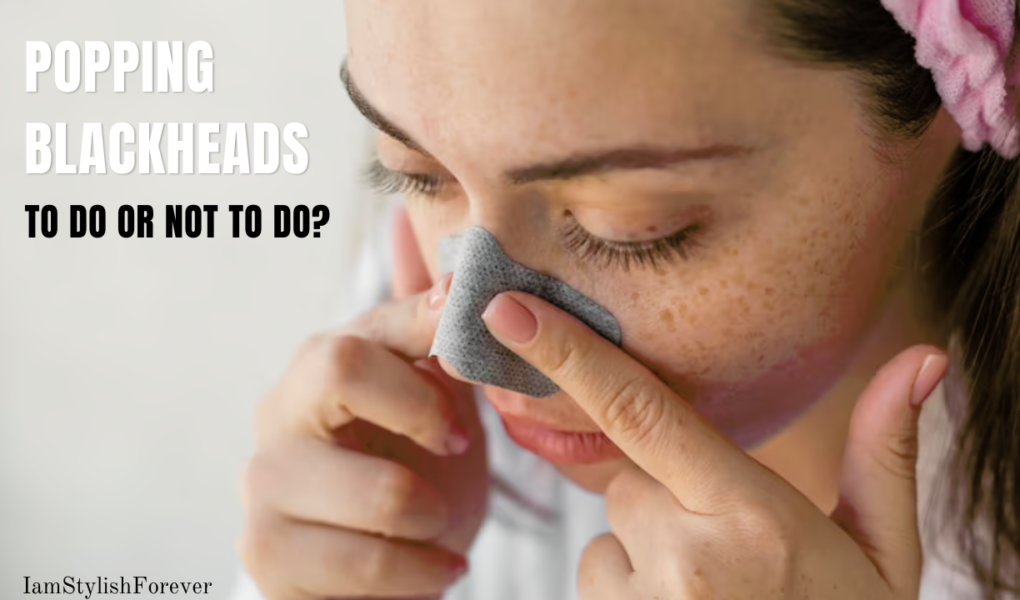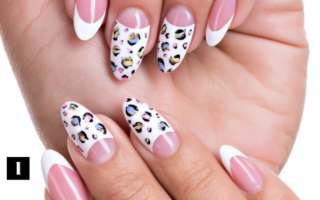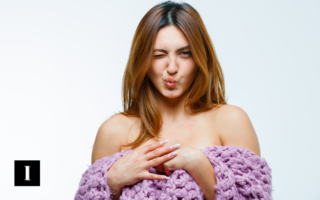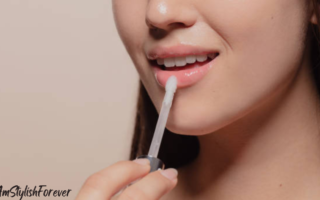Popping blackheads is a common temptation faced by many, but it’s essential to approach this issue with caution. These tiny, dark spots often appear on the nose, chin, and forehead, resulting from clogged hair follicles. In this blog, we will discuss what causes blackheads and offer safe and effective ways to deal with them without resorting to popping.
What Are Blackheads?
Blackheads, also known as open comedones, form when excess oil (sebum), dead skin cells, and impurities accumulate in hair follicles. When the follicle’s opening remains open, the trapped debris oxidizes upon exposure to air, giving the blackhead its characteristic dark appearance.
Causes of Blackheads:
Several factors contribute to the development of blackheads, including:
- Excessive Oil Production: Overactive sebaceous glands can lead to an excess of oil on the skin’s surface, increasing the likelihood of blackhead formation.
- Hormonal Changes: Fluctuations in hormone levels, particularly during puberty, menstruation, or pregnancy, can trigger blackhead breakouts.
- Improper Skincare: Using heavy, pore-clogging products or not cleansing the skin regularly can contribute to blackhead formation.
- Diet: Consuming a diet high in processed foods and sugary items may worsen skin conditions, including blackheads.
Safe and Effective Ways to Deal with Blackheads:
It’s important to resist the urge to pop blackheads, as it can lead to skin damage and infection. Here are some safe and effective methods to deal with blackheads without resorting to popping:
1. Gentle Cleansing:
Start with a gentle, oil-free cleanser to remove excess oil and impurities from the skin. Cleanse twice daily, but avoid excessive scrubbing as it can irritate the skin and worsen blackheads.
2. Exfoliation:
Regular exfoliation helps remove dead skin cells, preventing them from clogging pores. Opt for a mild exfoliator with ingredients like salicylic acid or glycolic acid, but use it only 2-3 times a week to avoid over-exfoliation.
3. Steam Treatment:
Steam your face for a few minutes to open up pores, making it easier to extract blackheads. Remember to be gentle during extraction, and use clean, sanitized tools to avoid infection.
4. Topical Treatments:
Look for over-the-counter products containing benzoyl peroxide or salicylic acid. These ingredients can help unclog pores and reduce blackhead formation. Follow the product instructions carefully.
5. Non-Comedogenic Products:
Opt for non-comedogenic makeup and skincare products that won’t clog your pores. Read product labels to ensure they are safe for your skin type.
6. Maintain a Healthy Diet:
A well-balanced diet rich in fruits, vegetables, and antioxidants can support healthy skin and minimize blackhead breakouts.
7. Hands Off:
Avoid touching your face frequently, as it can transfer bacteria and oil, worsening blackheads and other skin issues.
You May Also Like: What Are Strawberry Legs And How To Get Rid Of Them?
Step-by-Step Guide to Safely Extract Blackheads at Home
Before proceeding, it’s crucial to recognize that popping blackheads at home should be approached with utmost caution. Opting for professional dermatological extractions is the safer choice. However, if you still wish to proceed, here’s a step-by-step guide:
- Cleanse Thoroughly: Begin by washing your face with a gentle cleanser to remove any dirt, oil, or makeup. Pat your face dry with a clean towel.
- Steam Your Face: Enjoy a relaxing facial steam by leaning over a bowl of hot water or using a warm washcloth for a few minutes. This helps open up the pores, making blackheads easier to extract.
- Use Proper Tools: If you choose to proceed, equip yourself with a blackhead extractor tool or two clean cotton swabs wrapped with tissue or gauze on both ends. This will create a protective barrier between your skin and the tool, reducing the risk of infection.
- Apply Gentle Pressure: With the extractor tool or cotton swabs in place, apply gentle and controlled pressure to the sides of the blackhead. Be cautious not to exert excessive force or damage the surrounding skin.
- Be Patient: If the blackhead doesn’t come out easily, resist the temptation to force it. Stop immediately to avoid any harm to your skin.
- Post-Extraction Care: After successful extraction, gently wipe away the debris with a clean cotton pad or tissue. Rinse your face with cool water to close the pores, and apply a soothing toner to reduce inflammation.
- Hydrate and Protect: Finish off by applying a lightweight, non-comedogenic moisturizer to keep your skin hydrated. Avoid using heavy makeup or products on the treated area.
Conclusion:
Resisting the urge to pop blackheads is crucial for maintaining healthy skin. Instead, opt for gentle and safe methods to deal with them. Remember that everyone’s skin is unique, and what works for one person may not work for another. If you find your blackheads persist despite these home remedies, it’s best to consult a dermatologist for personalized advice and professional treatment options.
Always prioritize gentle and safe methods to avoid damaging your skin. With proper care and attention, you can effectively manage blackheads and enjoy healthier, clearer skin.
Also Read: Know How to Get Rid of Dry Skin on Face At Home!
Frequently Asked Questions (FAQs):
1. Is popping blackheads bad?
Popping blackheads can be harmful to the skin as it may lead to inflammation, infection, and scarring. It is best to avoid squeezing blackheads and instead use safe methods like gentle cleansing, exfoliation, and topical treatments to manage them effectively. Consulting a dermatologist for personalized advice is recommended for persistent blackhead issues.
2. What to do after popping blackheads?
After popping blackheads, it’s essential to follow a proper post-extraction skincare routine to minimize potential damage. Cleanse the area gently with a mild cleanser, apply a soothing toner, and then moisturize to prevent dryness. Avoid touching the area, protect it from the sun, and refrain from using heavy makeup. If any irritation or infection occurs, consult a dermatologist for further guidance.
3. Will blackheads go away on their own?
Blackheads may not go away on their own but can persist for an extended period if left untreated. However, with proper skincare and regular exfoliation, you can help prevent and reduce blackheads over time. It’s essential to establish a consistent skincare routine to manage blackheads effectively and maintain clear, healthy skin.
4. How are blackheads formed?
Blackheads are formed when hair follicles become clogged with excess oil (sebum), dead skin cells, and impurities. The clogged pores remain open, allowing the trapped debris to oxidize upon exposure to air, giving blackheads their characteristic dark appearance. Factors such as hormonal changes, excessive oil production, improper skincare, and diet can contribute to the formation of blackheads.
5. Why blackheads keep coming back?
Blackheads can keep coming back due to various reasons. The primary cause is often excess oil production, which can lead to clogged pores. Additionally, improper skincare habits, such as not cleansing the face thoroughly or using pore-clogging products, may contribute to recurring blackheads. Hormonal changes, diet, and genetics can also play a role in the persistent formation of blackheads. To prevent their recurrence, adopting a consistent skincare routine and avoiding triggers are essential.
6. Are blackheads considered acne?
Yes, blackheads are considered a type of acne. They are a mild form of acne known as comedones. Blackheads, along with whiteheads, are non-inflammatory acne lesions. They both result from clogged pores, but in the case of blackheads, the pore remains open, while in whiteheads, the pore remains closed.
7. Are blackheads bad?
Blackheads are generally not harmful, but they can be bothersome and affect the appearance of the skin. If not treated properly, they may lead to more severe acne breakouts or potential skin infections. It’s essential to address blackheads with a suitable skincare routine and avoid popping or squeezing them to prevent skin damage.
Disclaimer: The information provided in this blog is for general informational purposes only and should not be considered a substitute for professional medical advice or treatment. Always consult a healthcare professional or dermatologist for personalized guidance on your specific skin concerns.



